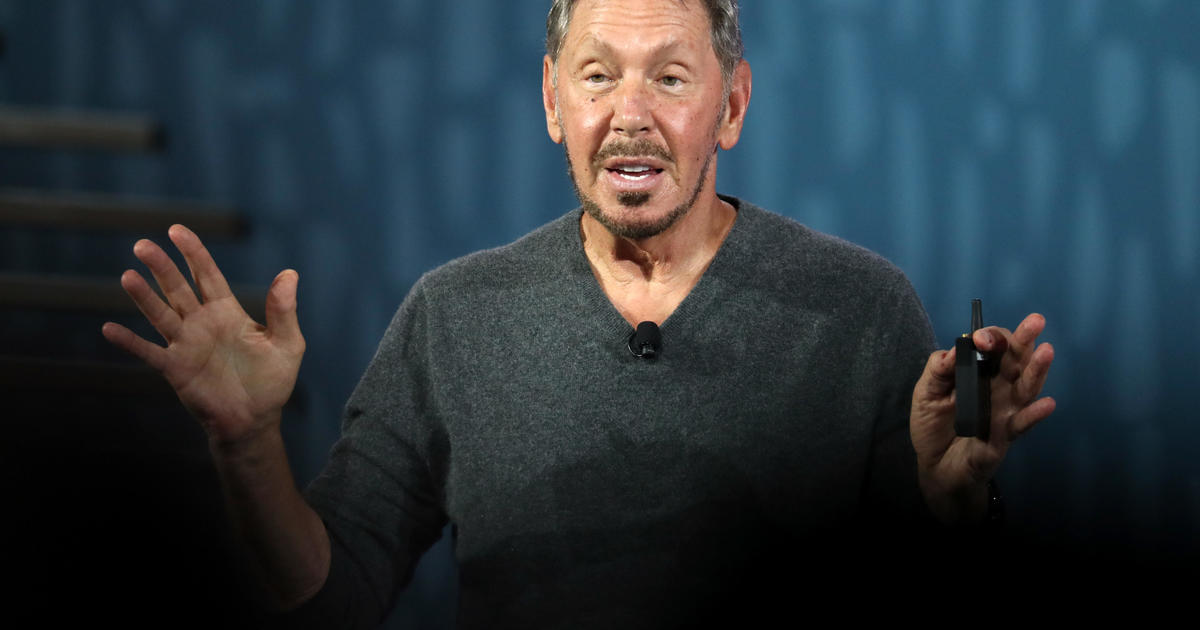Facebook: Russian Trolls Are Back, Here To Meddle With 2020
MENLO PARK (CNN) -- People linked to the Internet Research Agency, the Kremlin-backed troll group indicted by the United States for its alleged interference in the 2016 US presidential election, are laying the groundwork to do the same in 2020, new information released by Facebook on Monday suggests.
Profiles originating in Russia had since the beginning of this year been building a network of accounts on Instagram designed to look like groups in swing states, the Menlo Park-based company said. Instagram is owned by Facebook.
Although the accounts posed as Americans from all sides of the political spectrum, many were united in their opposition to the candidacy of former Vice President Joe Biden, according to Graphika, a social media investigations company that Facebook asked to analyze the accounts. The Russian trolls who used social media to interfere in the 2016 election employed a similar tactic, going after Hillary Clinton from the right and also trying to spread a perception on the left that Clinton was not liberal enough and that liberals and African Americans especially shouldn't bother voting for her
The accounts Facebook revealed Monday, 50 of which were on Instagram and one of which was on Facebook, were designed to look like they were advocating on a broad range of issues across American life.
Accounts with usernames like @black.queen.chloe and @michigan_black_community_ looked like they were run by black activists. There were also pro and anti-Trump accounts, and accounts posing as feminists, LGBTQ rights advocates, and environmentalists. Other account names included @stop.trump2020, @bernie.2020__, @iowa.patriot, and @feminist_agenda_, according to Graphika.
Facebook said the accounts combined had more than 250,000 followers, more than half of which were based in the U.S. Facebook did not disclose how many of those followers were real and how many might have been fake or bot accounts designed to make the main accounts look more legitimate. Facebook says it has removed the accounts.
"It looked like there was a systematic focus on attacking Biden from both sides," Graphika director of investigations Ben Nimmo, who analyzed the accounts, told CNN Business.
Nimmo also observed attacks on other candidates, including Sen. Kamala Harris and Sen. Elizabeth Warren, but said those attacks seemed more the result of "character building" in which the accounts were sharing content to bolster their respective personas -- for instance, liberal-looking accounts attacked Trump, while conservative-looking accounts posted negative content about Rep. Alexandria Ocasio-Cortez.
"Among the accounts focused on black activism, there was strong support for Bernie Sanders along with a moderate amount of content opposing Kamala Harris," Graphika said in its analysis. "Education reform and student debt relief were two of the most commonly mentioned reasons for supporting Sanders, while Harris's record as a California DA was mentioned as a reason to oppose her candidacy. Mixed in with these was a small amount of content attacking Joe Biden, primarily due to gaffes related to his previous handling of racial issues."
Nimmo said the accounts sent just under 75,000 posts, the majority of which were not directly related to the 2020 election, but to broader political and social issues in the US.
Facebook said Monday those behind the operation had taken steps to conceal their identities and locations. The company did not publicly say how it had determined the accounts were linked to the Internet Research Agency but said it had shared details with law enforcement.
The campaign mostly recycled existing memes and posts from real American news organizations and political groups.
"This wasn't Russians targeting Americans with Russian content, this was Russians targeting Americans with American content," Nimmo said.
The decision to recycle existing content, rather than create new material, might have been part of the campaign's strategy to conceal its Russian links, Nimmo said. However, errors in some of the accounts' posts suggested the accounts weren't run by native English speakers.
"What the future for their children will be?" the caption read on one post apparently criticizing Americans who don't remember the Confederacy fondly. Another account posted "What a bullsh**."
Nathaniel Gleicher, who leads Facebook's team investigating foreign influence operations, said the company had caught the operation in its early stages and that the Russian group had been focusing on audience building. Gleicher said the accounts were "trying to make themselves look like ordinary citizens" in a way that could later have lent credibility to their posts.
The people behind the fake accounts posted on both sides of political issues.
"They will say something to the left and they will save something to the right, so they will meddle more," said cybersecurity expert Ahmed Banafa. "What's interesting about it know, it's not Russian propaganda, it's actually recycling the memes we have."
Banafa is also a professor at Stanford and San Jose State.
The coordinated group of Russian accounts are choosing to use Instagram over Facebook.
"Instagram is really now becoming the favorite media for the hackers, not only the Russian," he said. "Because it's easier, it's just a video or a picture."
Facebook has taken extensive steps to crack down on foreign disinformation on its platforms since the 2016 election, including hiring former intelligence officials to root out campaigns like those run from Russia. Gleicher said that the steps Facebook had taken appeared to make it difficult for the Russian accounts "to build the following among authentic communities."
"People in Russia are still trying this," Nimmo told CNN Business on Monday. But, he said, they are finding it a lot harder because the social media companies "are hunting them."
"In 2016, you could have set up an account posing as a Tennessee Republican and have it registered to a Russian phone number," he noted.
Facebook also announced Monday that it had removed several networks of Iranian accounts, some of which targeted Americans. One of the accounts directed audiences to content about Black Lives Matter -- a tactic that was very popular among the Russian trolls in 2016. The network had a relatively small following of more than 7,000 accounts.
While most of the focus on online foreign interference in the US has been devoted to Russia, over the past 12 months, Facebook has detected multiple Iranian campaigns targeting the United States.
Betty Yu contributed to this report.
© Copyright 2019 CBS Broadcasting Inc. All Rights Reserved. This material may not be published, broadcast, rewritten. CNN contributed to this report.



